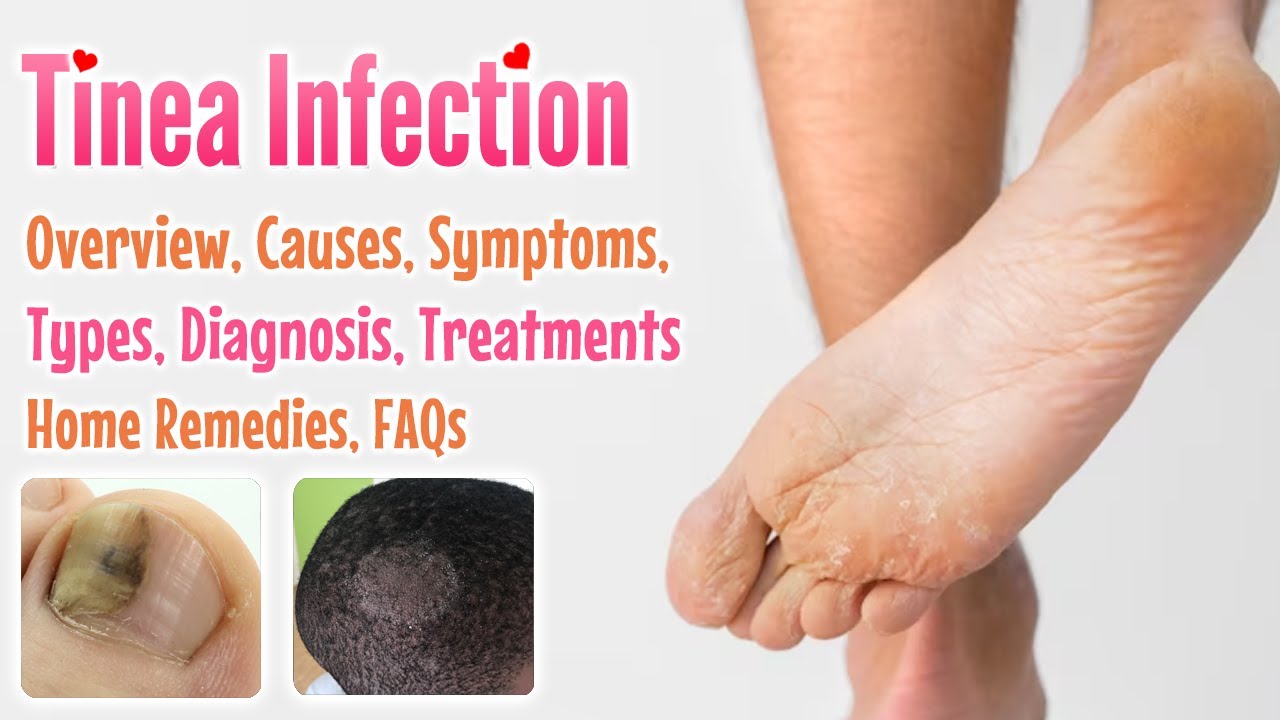Children diseases
Trisomy types, causes, symptoms, treatment, prevention, FAQs
Trisomy is a genetic disorder characterized by the presence of an extra chromosome in the cells of the body. This condition can lead to various developmental and medical complications, depending on the specific chromosome involved and the severity of the trisomy.
Children diseases
Edwards syndrome trisomy 18 causes, symptoms, diagnosis, treatment, screening, prevention, FAQ
Trisomy 18, also known as Edwards syndrome, named after the British physician John Hilton Edwards, who first described the condition in 1960, is a genetic condition characterized by the presence of an extra chromosome 18 in some or all of the body's cells.
Skin condition
5 Tips for Improving Ladies’ Skin Barrier
The skin barrier plays a pivotal role in shielding our bodies from external aggressors, ranging from pollutants to harmful UV rays. For ladies, who...
Skin condition
Tinea overview, causes, sign and symptoms, diagnosis, treatment, home remedies and FAQs
Tinea refers to a group of fungal infections that commonly affect the skin, nails, and scalp. Despite its name, ringworm is not caused by...
Skin condition
Tinea cruris overview, causes, sign and symptoms, diagnosis, treatment, home remedies and FAQs
Tinea cruris, commonly known as jock itch, is a fungal infection that affects the groin area. It is characterized by red, itchy rashes that...
Skin condition
Tinea corporis overview, causes, sign and symptoms, diagnosis, treatment, home remedies and FAQs
Tinea corporis is a common skin infection caused by various types of fungi. Despite its name, it has nothing to do with worms. The...
Skin condition
Tinea versicolor overview, causes, sign and symptoms, diagnosis, treatment, home remedies and FAQs
Tinea versicolor is a superficial fungal infection caused by the yeast-like fungus called Malassezia. This fungus is normally present on the skin, but certain...
Skin condition
Pityriasis rosea overview, causes, sign and symptoms, diagnosis, treatment, home remedies and FAQs
In the vast landscape of skin conditions, pityriasis rosea stands out as a unique and often perplexing entity. This introductive video aims to shed...
Skin condition
Pemphigus Vulgaris overview, causes, sign and symptoms, diagnosis, treatment, home remedies and FAQs
Pemphigus Vulgaris, an autoimmune disorder shrouded in mystery, affects a select few, yet its impact is profound. As we delve into the depths of...
Skin condition
Eczema on lips overview, causes, sign and symptoms, diagnosis, treatment, home remedies and FAQs
Eczema on the lips refers to a skin condition marked by inflammation, redness and irritation in or around lips. It is one manifestation of...
Skin condition
Elbow eczema overview, causes, sign and symptoms, diagnosis, treatment, home remedies and FAQs
Eczema, a skin condition affecting millions worldwide, can be particularly challenging when it manifests on the elbow. In this comprehensive guide, we will explore...
